Taxus baccata – 5 Ltr
£25.00
Out of stock
Taxus baccata, commonly known as English yew or European yew, is a species of coniferous tree native to western, central, and southern Europe, northwest Africa, northern Iran, and southwest Asia. Here’s an overview:
Appearance: Taxus baccata is a slow-growing evergreen tree with a dense, conical to columnar crown. It typically reaches heights of 30 to 60 feet (9 to 18 meters), although some specimens can grow taller under optimal conditions. The foliage consists of dark green, needle-like leaves arranged spirally around the stems. The bark is reddish-brown and often becomes fissured with age.
Fruit: Female English yew trees produce small, fleshy, berry-like structures called arils, which are bright red when ripe. These arils contain a single seed surrounded by a toxic seed coat. The seeds are dispersed by birds that consume the arils but do not digest the seeds, passing them intact in their droppings.
Habitat: English yew is typically found in woodlands, hedgerows, and rocky slopes, where it thrives in a variety of soil types, including chalk, loam, and clay. It prefers well-drained soil and can tolerate both full sun and partial shade.
Cultural Significance: Taxus baccata has a long history of cultural and symbolic significance. In ancient Celtic and Druidic traditions, yew trees were revered as symbols of longevity, immortality, and protection. Yew wood has been used for millennia in woodworking, particularly for making longbows, due to its strength, flexibility, and elasticity.
Toxicity: While the arils of Taxus baccata are edible and mildly sweet, the seeds contained within them are highly toxic if ingested. They contain compounds called taxanes, which are poisonous to humans and many animals. All parts of the tree, including the bark and foliage, are also toxic if consumed.
Garden Uses: English yew is commonly cultivated as an ornamental tree in gardens and parks, valued for its dense foliage, attractive bark, and tolerance of pruning and shaping. It is often used as a specimen tree, hedge, or topiary, providing year-round structure and interest to garden landscapes.
Medicinal Uses: Despite its toxicity, Taxus baccata has been used in traditional herbal medicine for its medicinal properties. The bark contains compounds with anticancer properties, particularly the taxane known as paclitaxel. However, due to its toxicity and the availability of safer alternatives, yew is not widely used in modern herbal medicine.
Overall, Taxus baccata is a culturally significant and visually striking tree with a rich history and a range of practical and symbolic uses. Whether appreciated for its ornamental value, historical significance, or potential medicinal properties, it remains an enduring presence in natural and cultural landscapes.
| Flower Colour |
TBC |
|---|---|
| Size |
5 Ltr |
| Root Type |
Pot Grown |
| Foliage Colour |
TBC |
| Soil Type |
TBC |
| Addition |
No |
Only logged in customers who have purchased this product may leave a review.


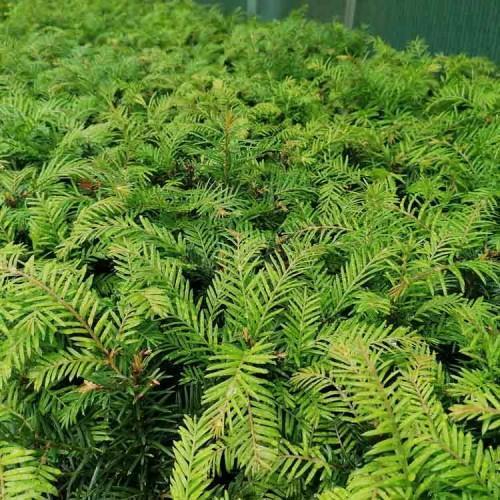

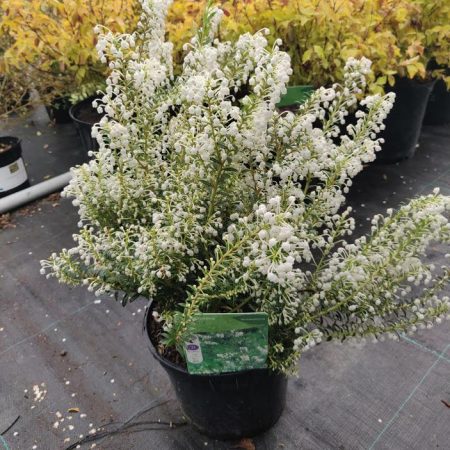
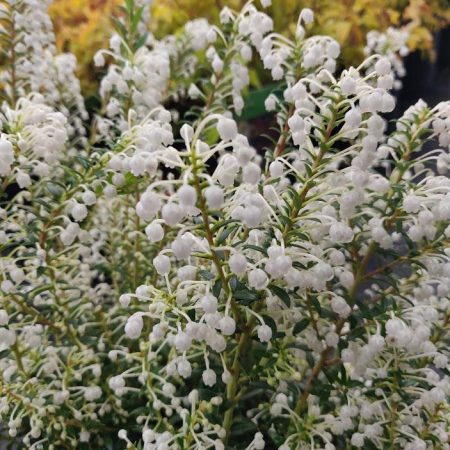
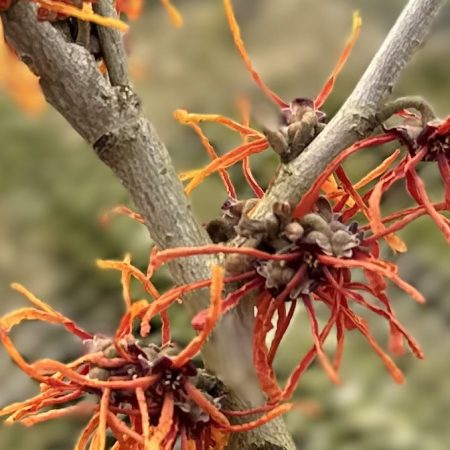
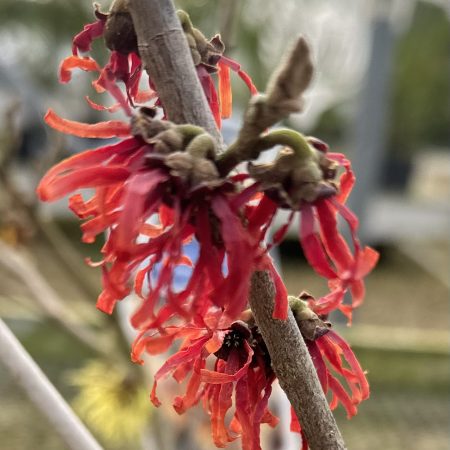
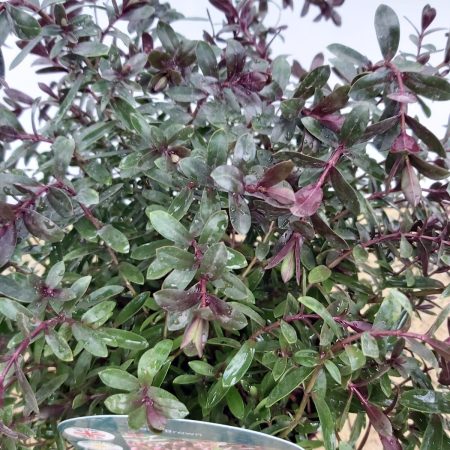
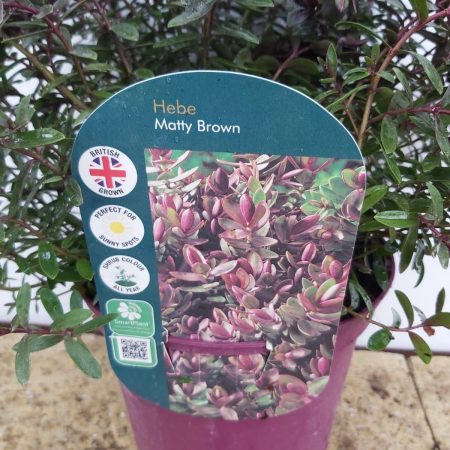
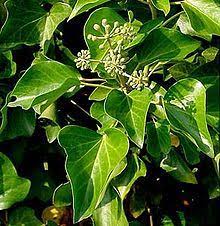
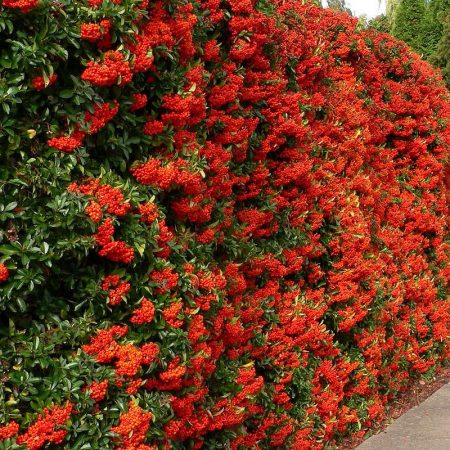
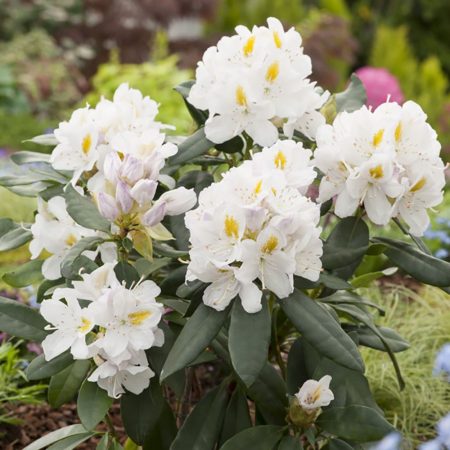
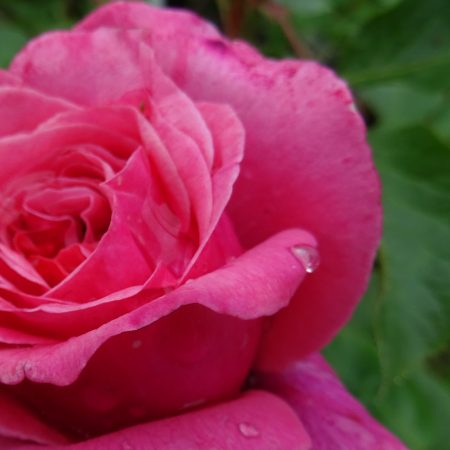
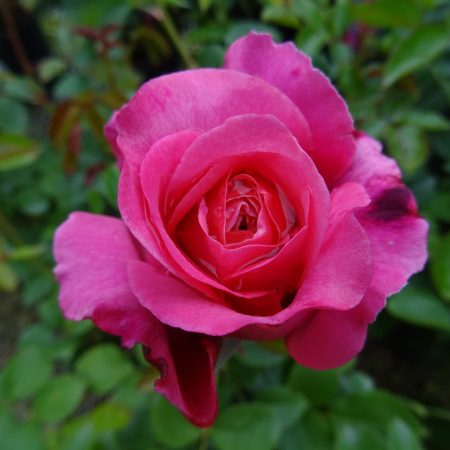
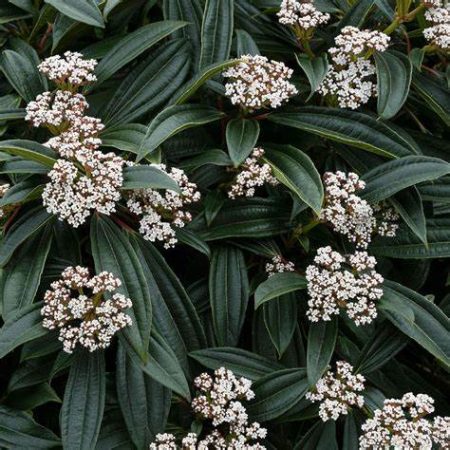
Reviews
There are no reviews yet.